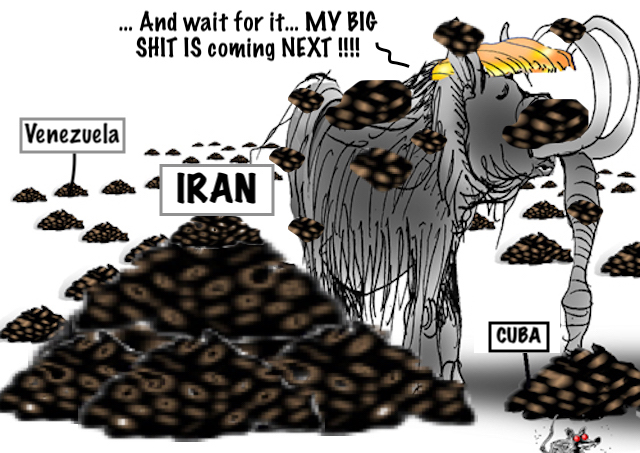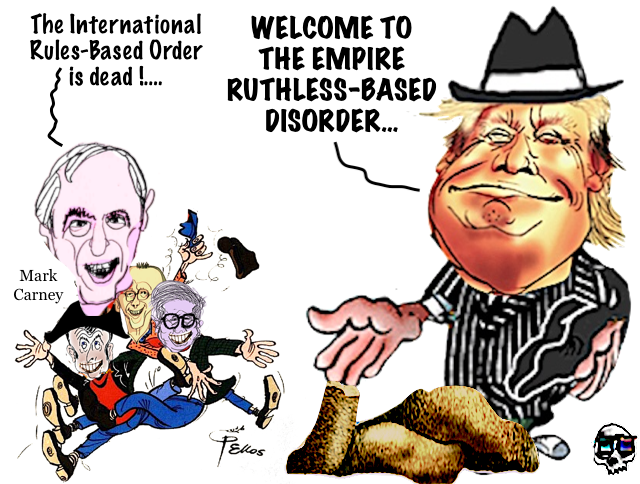
When the United States invaded Iraq in 2003, many of us knew, and argued loudly, that the American public was being lied to. We knew that Iraq had no weapons of mass destruction and could back up our claims. The war went ahead anyway, but eventually, the lies were exposed.
Debunking the Lies of the Iran War
Australia is suffering its worst rental crisis in living memory. Advertised rents have soared by around 47% since the end of 2019, according to Cotality, adding around $11,470 to the annual cost of renting for the typical Australian: Australian rental vacancy rates are also tracking at historical lows, at around half pre-pandemic levels: Cotality shows
 The printed solar technology spun out of the University of Newcastle has secured a $2.1 million federal government grant to help fund a commercial-scale pilot.
The printed solar technology spun out of the University of Newcastle has secured a $2.1 million federal government grant to help fund a commercial-scale pilot.
The post Australian printed solar technology used to power Coldplay world tour secures federal funding appeared first on Renew Economy.
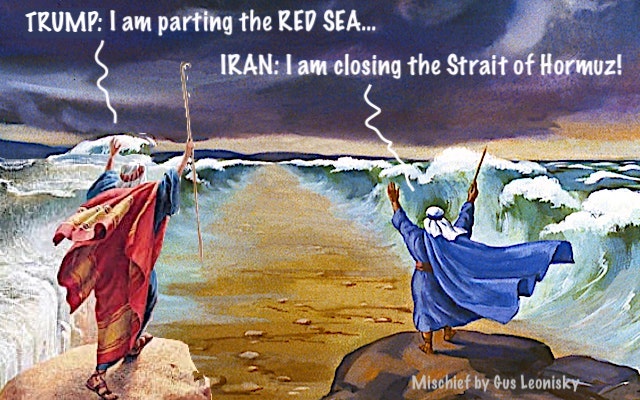
This analysis examines the strategic importance of a narrow maritime chokepoint and how its closure could trigger global economic collapse. Discover the vulnerabilities of major economies and infrastructure in a potential conflict between regional powers.
https://www.youtube.com/watch?v=oOmmHOqMGvo
Efficient and safe use of equipment is vital in workplaces such as warehouses, distribution centres, and retail environments. Among the essential tools for material handling, the pallet jack plays a key role in moving goods quickly and safely. While its design appears straightforward, improper operation can lead to accidents, injuries, or damage to merchandise. Implementing correct handling practices is essential for anyone using a pallet jack, whether manual or electric.
 New data shows more Australians are having a crisis of faith in the transition to renewables.
New data shows more Australians are having a crisis of faith in the transition to renewables.
 Big battery projects including stand-alone BESS and solar-hybrids dominated investment activity in the final quarter of 2025, featuring in 16 deals across financing, M&A and PPAs.
Big battery projects including stand-alone BESS and solar-hybrids dominated investment activity in the final quarter of 2025, featuring in 16 deals across financing, M&A and PPAs.
The post Big battery deals dominate as investors buy, sell, finance and contract Australian energy storage appeared first on Renew Economy.
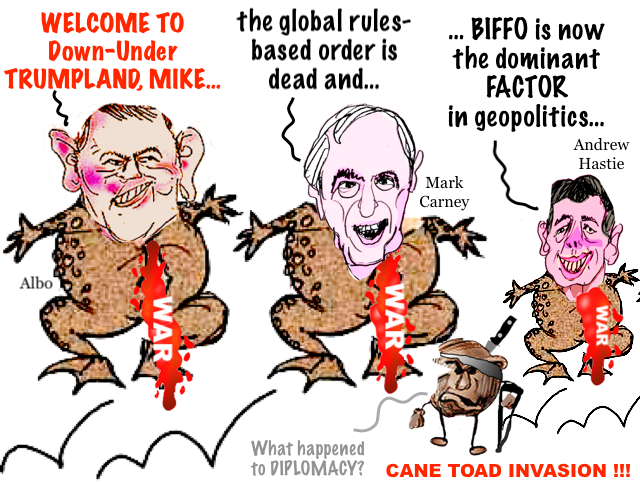
Former foreign minister Bob Carr has lamented the Albanese government’s strong backing for the United States and Israel’s strikes on Iran, pointing to simmering discontent within parts of Labor about the party’s seeming lack of interest in upholding international law.
 Camilla Hamilton from Cogency explains the importance of research, listening, and good coffee when consulting with communities on renewables. Plus news of the week.
Camilla Hamilton from Cogency explains the importance of research, listening, and good coffee when consulting with communities on renewables. Plus news of the week.
The post Solar Insiders Podcast: What’s the right way to consult with communities? appeared first on Renew Economy.
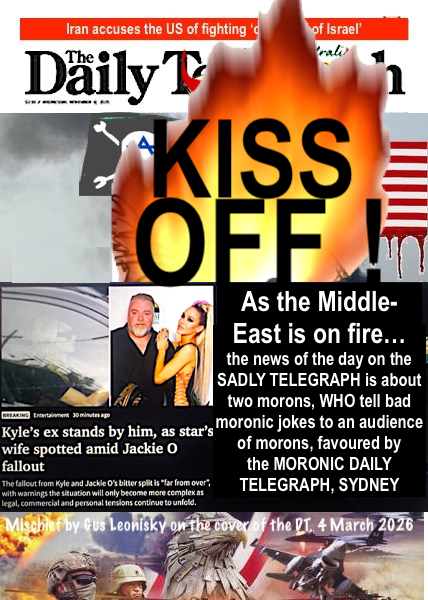
Thousands of mourners have filled the streets of the southern Iranian city of Minab for the funeral of 168 schoolgirls and staff killed in an attack on an elementary school on the opening day of the US-Israeli strikes.
Images from the funeral show row upon row of small, shallow graves – the final resting places of children aged mostly between seven and 12.
The Albanese government has signalled that it will scale back the capital gains tax (CGT) discount in the May budget, most likely from 50% to 33% or 25%. It has also signalled that it will limit the number of investment properties that an individual can negatively gear. However, Greens senator Nick McKim says the 50%
Even the missteps of the American Madman can have a positive aspect. China still relies less on foreign energy sources than most large nations, but it has vulnerabilities worth exposing from time to time. This degree of dependence is far lower than that of major European industrial nations like Germany, Italy, and Spain, as well
The post Who’s afraid of the Straits of Hormuz? appeared first on MacroBusiness.
The Australian Bureau of Statistics (ABS) released national accounts data for the December quarter, which printed headline real GDP growth of 0.8% over the quarter and 2.6% year-on-year. The result beat expectations of 2.2% growth. Thanks to backward revisions, per capita GDP has now grown for four consecutive quarters, rising by 0.9% in 2025, the
Charts from TME. Like acne. AI bubbles are bursting everywhere. An oil shock is almost uniquely well-placed to smash tech because it causes a spike in duration, which hammers growth stocks on long-term ROE horizons. We already know that the Sag7 are kaput. Do you like your KOSPI served crispy? Who’s next? The cause is,
The post Duck the pus as AI bubbles pop all over appeared first on MacroBusiness.
